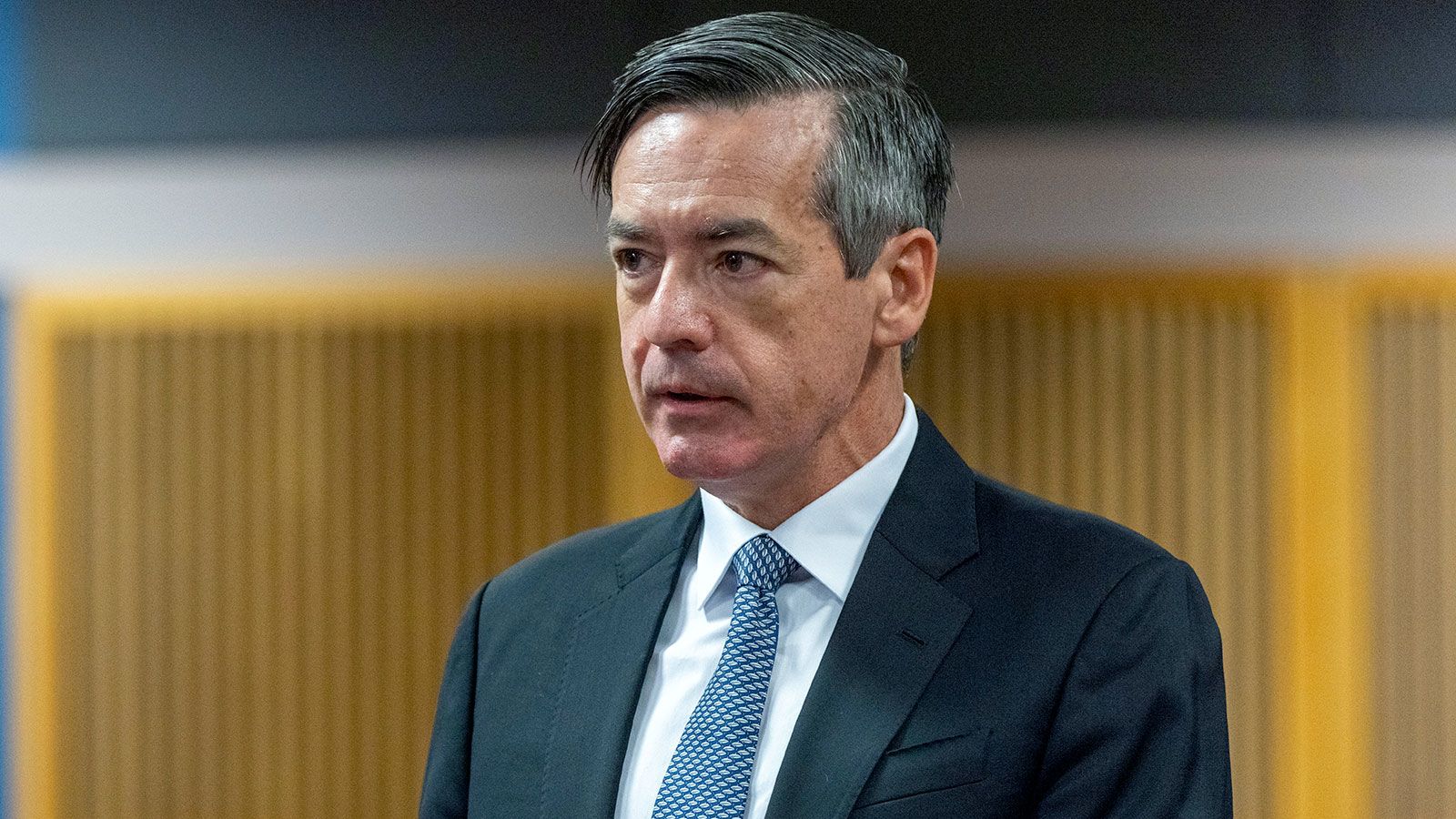Google and X, previously known as Twitter, have recently complied with search warrants, providing hundreds of files to Michigan prosecutors for their ongoing investigation into the 2020 election subversion. The warrants were obtained following a CNN expose that revealed hidden social media accounts of Kenneth Chesebro, a pro-Trump lawyer who played a significant role in the fraudulent electors plot.
These previously undisclosed warrants have granted prosecutors access to new emails and private direct messages from Chesebro on Twitter. The warrants indicate that Michigan Attorney General Dana Nessel continues to gather new information in her probe, even nine months after charging the state’s fraudulent electors with forgery and other crimes for falsely claiming that Donald Trump won the state in 2020.
Michigan is among several states investigating fraudulent elector schemes. Recently, Arizona prosecutors filed criminal charges against pro-Trump electors and former president’s allies involved in efforts to overturn the 2020 election.
Documents provided to Michigan prosecutors, obtained by CNN, reveal that Chesebro unsuccessfully attempted to bring several controversial pro-Trump figures to Washington, DC, to witness his “fake electors” strategy unfold on January 6, 2021. He offered to cover airfare and accommodation at Trump’s upscale DC hotel for former Milwaukee County Sheriff David Clarke and the founder of the Gateway Pundit conspiracy website, among others. However, it seems that none accepted his offers.
Chesebro’s aggressive outreach to conservative pundits and right-wing figures following Trump’s 2020 election loss is also evident in these messages. He urged them to publicly promote his long-shot theories on how to subvert the Electoral College process.
Google and X executed the search warrants in March, shortly after CNN reported that Chesebro had hidden some of his social media accounts from prosecutors during his cooperation session last year. Chesebro has not been charged in Michigan, but he has pleaded guilty in Georgia’s election interference probe.
Chesebro’s attorneys did not respond to CNN’s request for comment. However, after the story was published, Chesebro’s attorney Manny Arora stated on MSNBC that he did not challenge the search warrants as he had already voluntarily turned over most, if not all, of the materials to investigators.
“There is no legal jeopardy — we have been cooperating the whole time,” Arora said. “… In order to be a good prosecutor, you want to make sure you get the search warrants, to just double check us, to make sure we’ve given them everything … I don’t think it amounts to a whole lot.”
The direct messages obtained by CNN chronicle how Chesebro, while advising the Trump campaign on the fake electors plot, was also trying to garner friendly news coverage by relentlessly pitching to conservative radio hosts and pro-Trump pundits.
When Chesebro met with Nessel’s investigators in December, they asked about his social media accounts. In addition to concealing his secret Twitter account, Chesebro told investigators that he didn’t use social media applications to send and receive private messages. That denial is undercut by the materials X gave to investigators, which contain more than 160 sent messages and more than 25 received messages between 2014 and 2021, with most of them amid the 2020 election fallout.
In the wake of the 2020 election, Chesebro also sent some direct messages on Twitter to James Wigderson, a longtime writer on Wisconsin politics who ran a conservative news site. Chesebro was trying to gin up coverage of claims that there were irregularities in the Wisconsin results, according to documents obtained by CNN.
“You can spare me this stuff. Thanks. Trump lost,” Wigderson told Chesebro, later adding, “I really don’t have time for conspiracy theories. Thanks for understanding.”
Parts of this exchange were previously reported by The New York Times. Chesebro also privately pinged several other Wisconsin political pundits and legal scholars, including some whom he sparred with in public Twitter posts. Most were ignored.
One of the attorneys Chesebro privately targeted was Daniel Rodriguez, who attended Harvard Law School with Chesebro and is now a law professor at Northwestern University. On December 29, 2020, Chesebro sent a link to Rodriguez about a new lawsuit from the Trump campaign trying to overturn the Wisconsin results. Rodriguez replied with “LOL.”
“I don’t remember this exchange exactly,” Rodriguez told CNN in an email, “but my best guess is that the ‘LOL’ was because this whole false electors lawsuit business was, and is, insane.”
The Wisconsin litigation – like dozens of other Trump election suits – failed in court. This story has been updated with additional details.
CORRECTION: This story has been updated to accurately reflect the educational background of Chesebro and Rodriguez.

